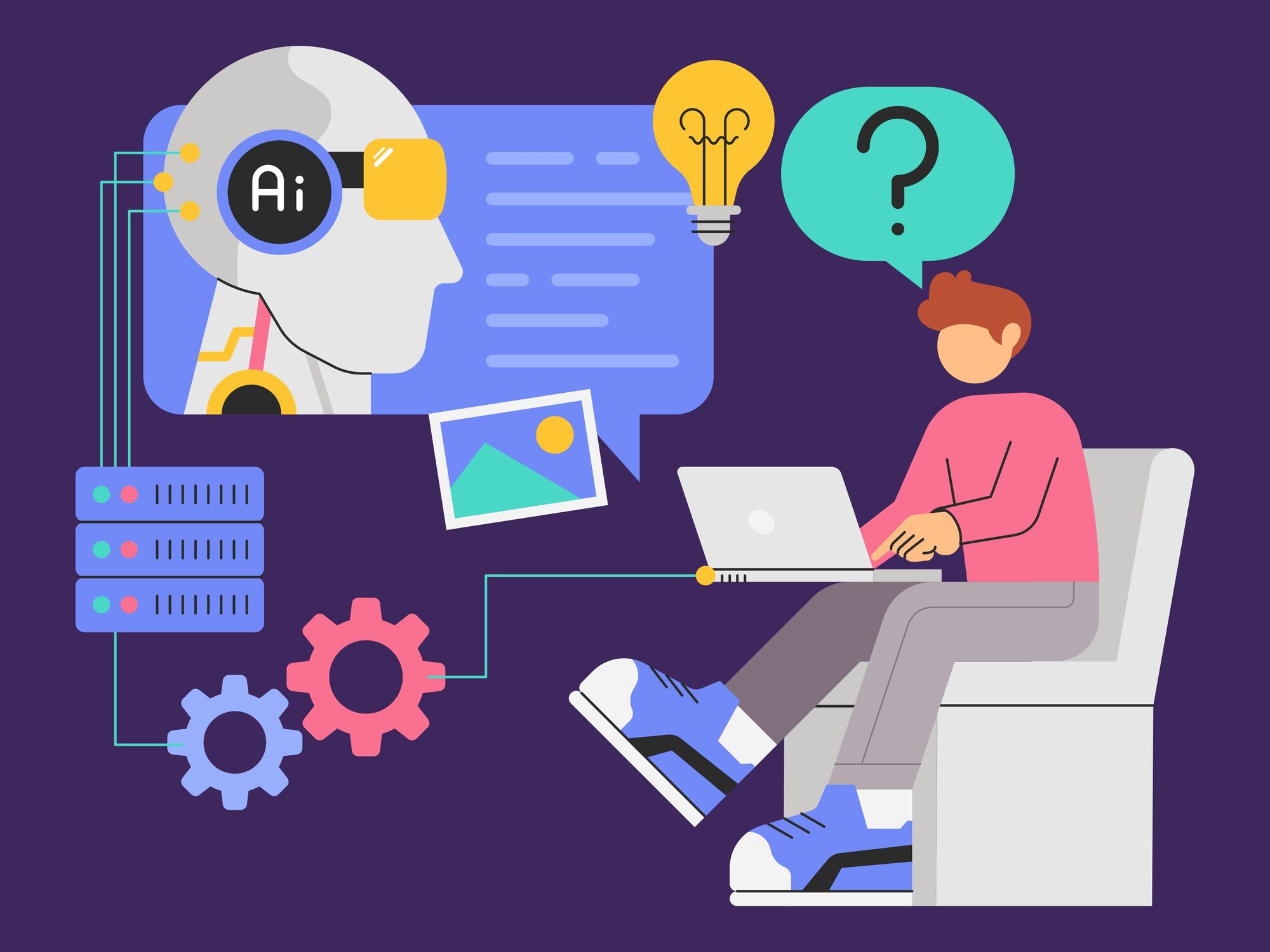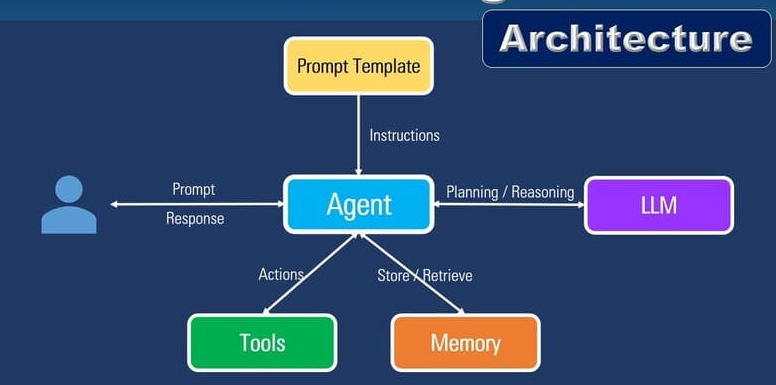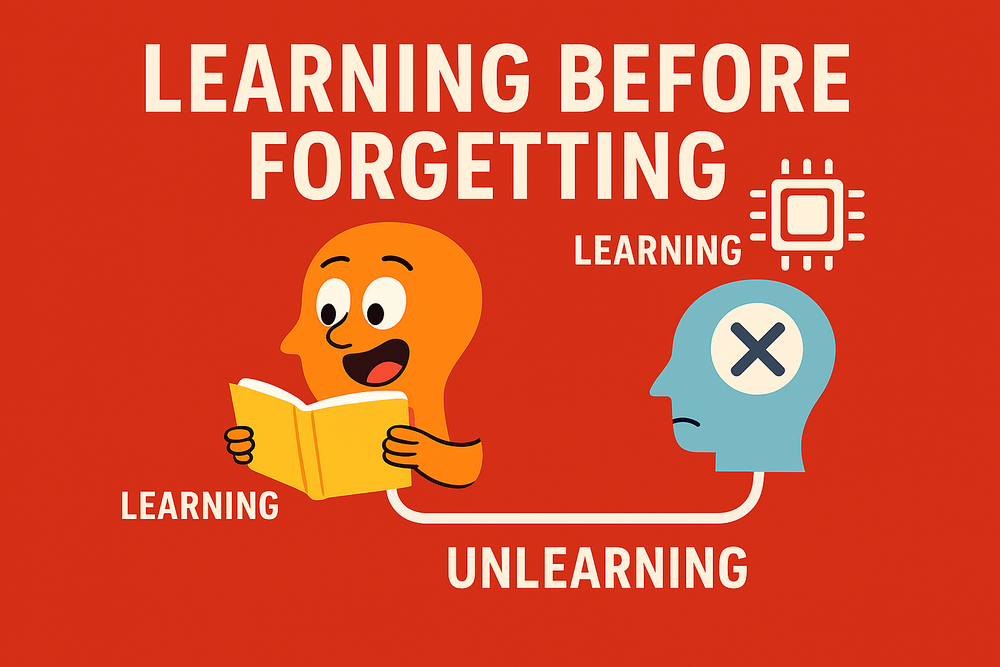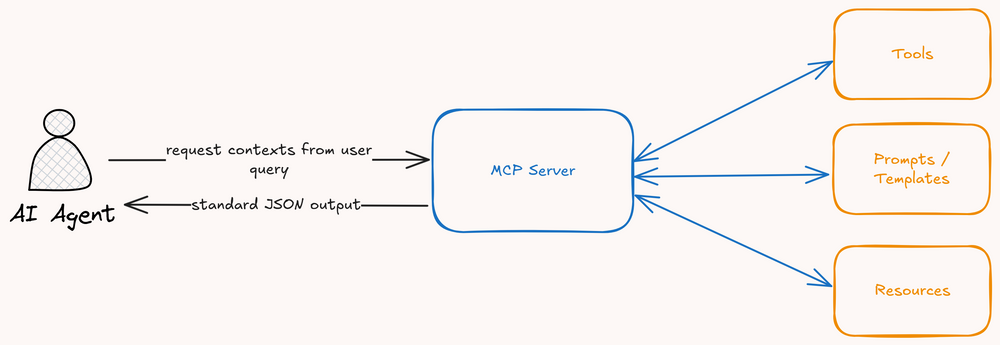When people talk about AI today, they usually mean chatbots like ChatGPT, Gemini, Claude, or DeepSeek—smart assistants that can answer your questions and hold a conversation. But that’s just the beginning.
There’s a new wave of AI that’s far more capable, independent, and powerful: AI Agents.
This post will break down what AI Agents are, how they differ from traditional AI chatbots, and why they represent a massive shift in how we work and live. If you care about the future of technology and your career, you should understand this solid knowledge.
What is an AI Agent?

Think of an AI chatbot like asking a friend:
"Hey, what are some good hotels in Ho Chi Minh city?"
It give you a list of hotels, and that's it.
Now imagine an AI Agent is like asking:
“Can you find a good hotel in Ho Chi Minh city, book a room for 2 night from tomorrow, and email me the details?”
And then it actually does all of it: finds options, checks reviews, makes the reservation, drafts an email, and sends it—without needing step-by-step instructions.
That’s the power of an AI Agent.
In simple terms, an AI Agent is a digital employee—not just a chatbot. It understands goals, plans how to achieve them, and takes action autonomously to get the job done.
AI Agent vs AI Chatbot
| Feature | AI Chatbot | AI Agent |
|---|---|---|
| Role | Advisor or assistant | Autonomous worker |
| Initiative | Waits for your command | Takes action on its own |
| Capabilities | Answers questions | Plans, acts, and reports back |
| Example | ChatGPT, Gemini | Manus, Genspark |
- AI Chatbots are like consultants—you ask, they respond.
- AI Agents are like employees—you give them a goal, and they figure out how to complete it.
What Can AI Agents Actually Do?
Because AI Agents can break tasks into smaller parts and execute them, they’re perfect for real-world use cases like:
- Customer Support: Auto-respond to emails and messages, suggest products, track orders.
- Administrative Automation: Schedule meetings, send invites, generate weekly reports, fill out forms.
- Recruitment: Filter CVs, send interview invites, auto-schedule interviews.
- Business Intelligence: Gather data from multiple sources, analyze trends, and recommend actions.
- Personal Planning: Create study plans, fitness schedules, reminders, and appointments.
- Smart Shopping: Compare prices, track stock, auto-purchase when items run low.
- Financial Management: Monitor expenses, suggest savings strategies, alert you to overspending.
- Travel Planning: Suggest destinations, book flights/hotels, build full itineraries.
AI Agent: Behind the scene
You don’t need to be a tech expert in this field, but here’s a simplified breakdown:

- The Brain: Large Language Models (LLMs) like GPT-4, Claude Sonnet, DeepSeek R1.
- The Knowledge: Data they’ve been trained on + real-time data access.
- The Hands & Tools: Ability to browse the web, run code, access APIs, open files, etc.
Think of it as an employee with a smart brain, broad knowledge, and all the digital tools they need to get work done.
AI Agents - A big deal
- They take initiative: Unlike passive tools, they actively pursue your goals.
- They boost productivity: One agent can do the work of several people.
- They help with decision-making: Faster, more accurate, data-driven insights.
- They transform business models: New services like virtual assistants, autonomous workflows, and 24/7 operations are now possible.
AI Agents are like having a digital workforce that never sleeps, never gets tired, and keeps learning the more you work with them.
Will AI Agents Replace Humans?
Here’s the real talk:
- Repetitive, rule-based jobs (e.g., data entry, customer service, reporting) will be handled more and more by AI Agents.
- Creative, emotional, and strategic roles still need humans.
But the shift is clear: Instead of a team of 10 people, you might need just 2-3 humans managing several AI Agents.
In the near future, AI Agents could:
- Join team meetings
- Give insights based on data
- Execute assigned tasks
- Coordinate with other agents (Agent-to-Agent or A2A collaboration)
They’re not replacing people—they’re becoming your virtual teammates.
Conclusion
AI Agents are not just a trend. They’re a paradigm shift. A step closer to autonomous digital workers that reshape productivity, business, and personal life.
If Generative AI was the spark, AI Agents are the engine that’s about to drive the next decade of innovation.





